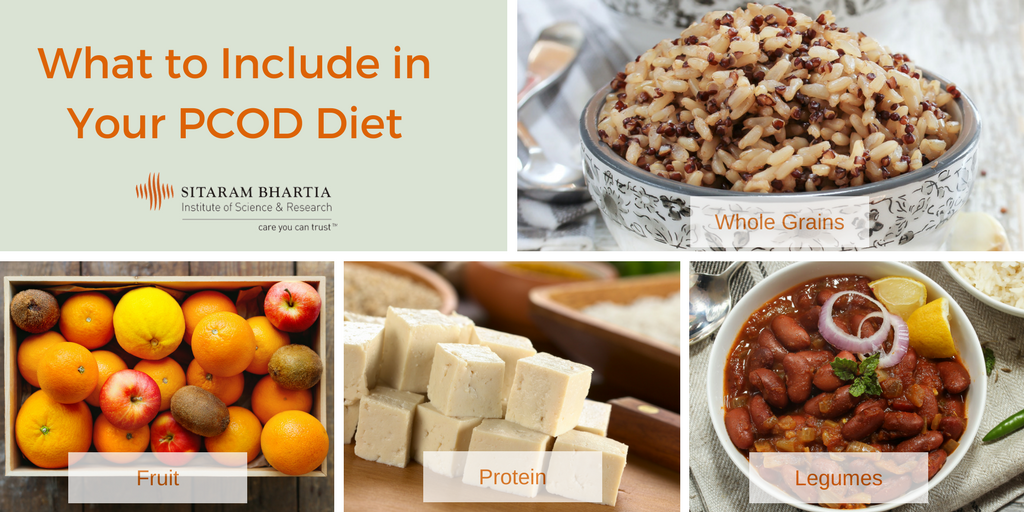An increasingly common reason behind consistent changes in menstrual patterns is Polycystic Ovary Syndrome (PCOS) otherwise known as PCOD.
Young women often worry when they don’t get their period on a particular date. But this is not something to worry about. While the menstrual cycle ranges from 21 to 40 days, with 28 days on average,these cycles may occur differently for different women.
“If you don’t get your period for more than 37- 40 days, consider visiting your gynecologist” says Dr. Priti Arora Dhamija, Senior Gynecologist & Fertility Expert at Sitaram Bhartia in South Delhi.
Symptoms of PCOD
PCOD is an endocrinological condition that affects periods, fertility and your overall appearance. It is a genetic condition caused by hormone dysfunction. In India, 1 in 5 women are affected by PCOD.
Anisha Patel, 21 came in for a consultation when she noticed certain symptoms such as irregular periods, excessive hair growth on her face and back, and weight gain.
Women may experience other symptoms that include oily skin or acne, thinning of hair on the head, or difficulty getting pregnant.
Long term Illnesses with PCOD
“I wanted to get myself checked because I was aware it may pose problems such as diabetes later in life as it did for my mother” says Anisha.
Women with PCOD are more prone to developing diabetes if they have relatives with diabetes, are overweight, are over 40 years or have had gestational diabetes.
It is natural for some women to feel low or experience mood swings as the condition causes unwanted changes in physical appearance.
Treatment of PCOD
Although there is no cure for PCOD, the condition can be managed with certain lifestyle changes.
Diet
“Once diagnosed with PCOD, I was advised to consume a protein and fibre rich diet and cut out chocolates, chips and biscuits.”

Your major meals should include lean proteins such as tofu/paneer, chicken or fish and whole grains such as brown rice, whole wheat or oats.
When in the mood for a snack, munch on almonds, sunflower seeds or fruit such as oranges, kiwis and berries.
Exercise
“My doctor also strongly recommended exercising or walking for at least 30 minutes everyday. “ says Anisha.
Exercise helps reduce weight, stress and also helps control blood sugar. You could also take up light aerobic exercise, swimming or cycling at a moderate pace.
Pregnancy and PCOD
Fertility drugs are available for women who are trying to get pregnant. These may be taken at the beginning of menstrual cycles for several cycles.
If these do not help, we may advise IVF treatment.
Most women with PCOD are able to conceive with the right treatment and lifestyle modifications.
Dealing with PCOD
Taking small steps to alter your lifestyle can make a big difference to your overall outlook. Just ask Anisha.
“Initially it was a struggle to stay away from fatty foods I liked and get myself to exercise. But a week after I started going for walks, I actually began to feel more confident and optimistic about the road ahead “ Anisha smiles.
Experiencing changes in your menstrual cycle? Please call on +91 9871001458 to schedule a consultation.
 Medically Reviewed by Dr. Priti Arora Dhamija
Medically Reviewed by Dr. Priti Arora Dhamija
MBBS, Maulana Azad Medical College, Delhi (1999); M.D, Lady Hardinge Medical College (2004); DNB Obstetrics & Gynecology (2004); Diploma in Pelvic Endoscopy, Kiel, Germany (2014)
Experience: 17 years
Liked this article? Follow us on Facebook, Twitter, Youtube and Instagram for more content!


